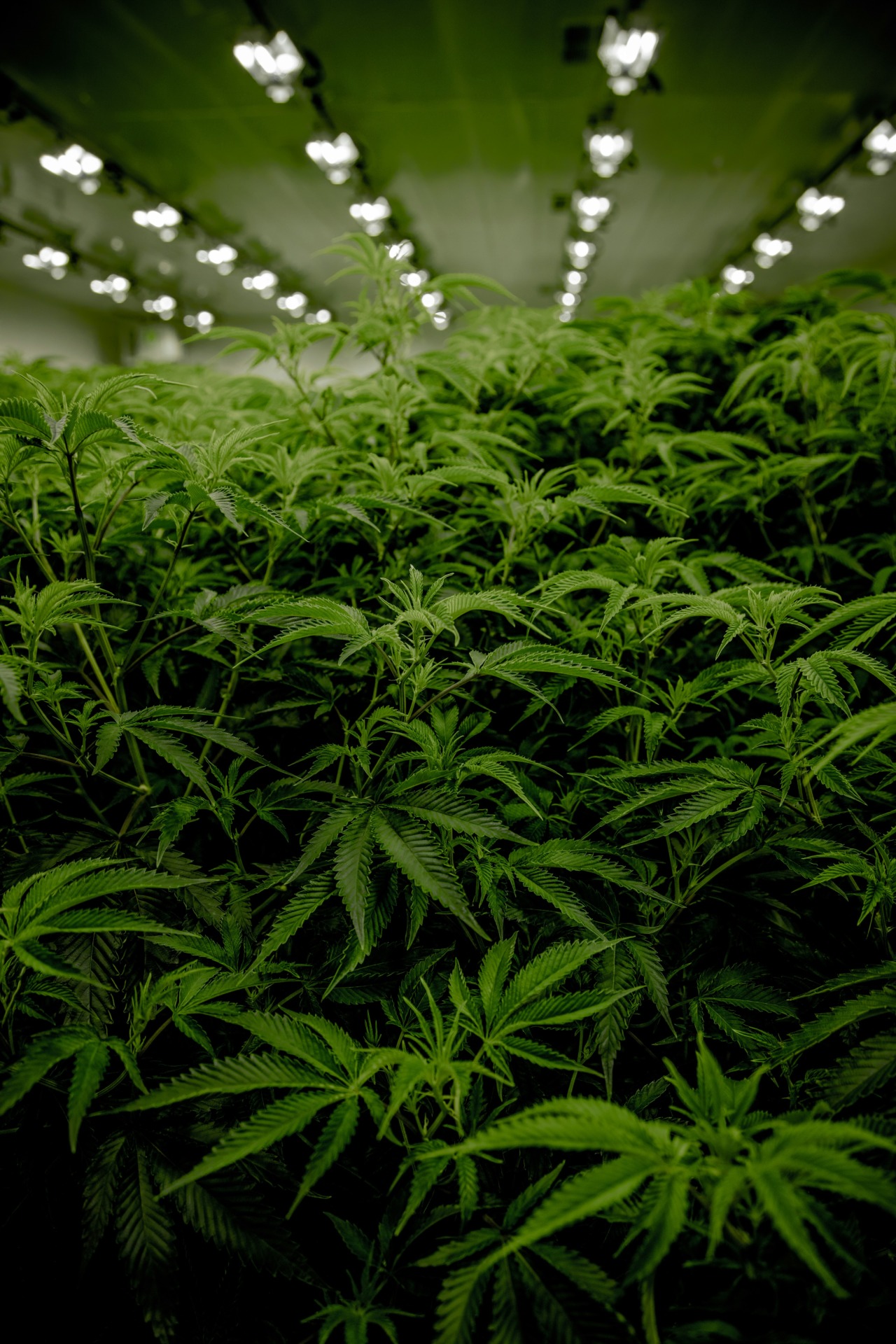Cannabidiol (CBD) is the compound responsible for many of the potent healing benefits of cannabis. But unfortunately, these benefits aren’t available to the many people who live in states where cannabis isn’t legal. Still, wherever you live in the United States, you can legally purchase hemp products ranging from CBD-rich oils to nutritional supplements derived from hemp seeds. Not all hemp products are equally safe or effective though, so it’s important to shop with caution.
FOLLOW US ON FACEBOOK & INSTAGRAM
A Quick Hemp Primer
Hemp oil, CBD oil or hemp CBD oil? It’s easy to get confused by these and other very similar names. Unscrupulous producers often use them interchangeably to market products that may not actually contain any active cannabinoids at all. Hemp and cannabis are definitely related, but they aren’t the same. And it’s these differences that make it possible to make and sell hemp products in ways that cannabis products can’t be marketed.
The cannabis plant family includes both Cannabis sativa and Cannabis indica strains, as well as a few lesser-known strains. Hemp comes from a variant of Cannabis sativa, too. But this one has been cultivated to have very low levels of THC. To be considered hemp by U.S. law—and therefore legal to grow and sell—a hemp plant must not test at more than 0.3% THC.
Hemp is used all over the world in many industries, including to make rope and clothing, but in the U.S., it also became entangled in the war on drugs just like its cousin, the THC-rich cannabis species. Because hemp does contain some THC, it was lumped in with the other varieties of the cannabis plant and put on the federal list of Schedule 1 drugs under the Controlled Substances Act of 1970 (Individual states enacted their own laws to allow access for medical use). This meant that for years, hemp cultivation and research was also banned.
RELATED: WHAT IS HEMP CBD?
Hemp may be naturally low in THC, but it contains significant amounts of CBD, which is extracted and sold as oils and tinctures, or as an ingredient in salves and ointments. This makes it very appealing to people living in states where medical cannabis isn’t available.
And now, the demand for CBD-rich hemp products has led to an explosion of products from around the world, particularly the U.S., Europe and China, with widely varying levels of quality and safety.
How to Find the Best & Safest Hemp Products
CBD-rich hemp products may not be as potent as medical-grade cannabis extracts, but they can be useful for relieving symptoms of many of the same health conditions. To do that though, it’s important to get the right product—and make sure that it really does contain CBD.
The hemp health product market is largely unregulated, as officials struggle with whether to categorize hemp as a food or as a supplement. For this reason, many of the hemp products sold as CBD oil, or CBD hemp oil, contain little to no CBD. To make things more confusing, sellers may also call their products cannabis oil or simply CBD oil, which can make buyers think that they’re buying CBD oil that’s extracted from marijuana plants, not hemp.
Poor-quality hemp products can be risky. Improper cultivation techniques, questionable extraction practices and a lack of quality testing top the list of things to watch out for when purchasing hemp CBD oil and other hemp products.
Hemp Sourcing Affects Safety
Hemp is produced in many countries around the world, but conditions vary widely. The hemp plant is a bioaccumulator—meaning, it absorbs chemicals from the soil, which accumulate in the plant’s tissues. Depending on the area, hemp plants can absorb:
- pesticides
- fertilizers
- heavy metals
And all of these things can be passed along to consumers.
The safest hemp products are those that have been grown under organic conditions in areas where hemp cultivation has a long tradition, such as Europe, which tops the list of quality sources for hemp products. Check labels for information and use caution with hemp products originating in China or Indonesia.
Make Sure Hemp CBD Is a Main Ingredient
Because hemp products are minimally regulated, they can contain a lot of other things besides hemp. This can be especially true where CBD oil is concerned. In poor quality products, actual hemp oil may be far down the list of ingredients, and other kinds of oils and herbal ingredients can make up a larger percentage of the product. For the highest-quality, hemp-based CBD, look for labels where hemp CBD is the first ingredient.
The CBD Extraction Processes Can Raise Risks
There are a number of techniques used to extract CBD and other essential compounds from the hemp plant.
Supercritical extraction is the safest and most reliable process to extract CBD and other essential oils. This process, which uses carbon dioxide at low temperatures, avoids the dangers posed by heating hemp as well as the other substances used in the process. This keeps the extracted oil clean and largely contaminant-free.
Other methods, used both by people processing hemp at home and also by less reputable producers, include processing with toxins such as ethanol or butane, which strip out essential oils and can also leave toxic residues.
How to Shop Smart for Hemp Products
When you’re shopping for CBD hemp oil or other products, it’s important to keep safety in mind:
- Research the company: Visit the company website or research the company for consumer complaints to find out where the products are made and shipped. Look for organic products that are processed in Europe or North America to avoid toxins and pesticides.
- Look for lab testing: Laboratory testing for quality purposes is a hallmark of reputable hemp producers. Testing products for contaminants and a consistent delivery of CBD and other ingredients helps make sure that hemp products really contain the amount of CBD and other cannabinoids the claims are in the product—and that those ingredients are clean and toxin-free.
- Read labels carefully: Carefully read labels on hemp products to find out what added ingredients, such as carrier oils or herbs and vitamins, they might contain. Loading the product with extra substances is a way to make them cheaper and reduce the amount of actual CBD.
CBD-rich hemp products can be a workable alternative to medical cannabis, and just about anyone can get them. But in order to find safe, quality hemp preparations, buyers need to stay alert—and informed.
Photo by Ryan Lange on Unsplash






